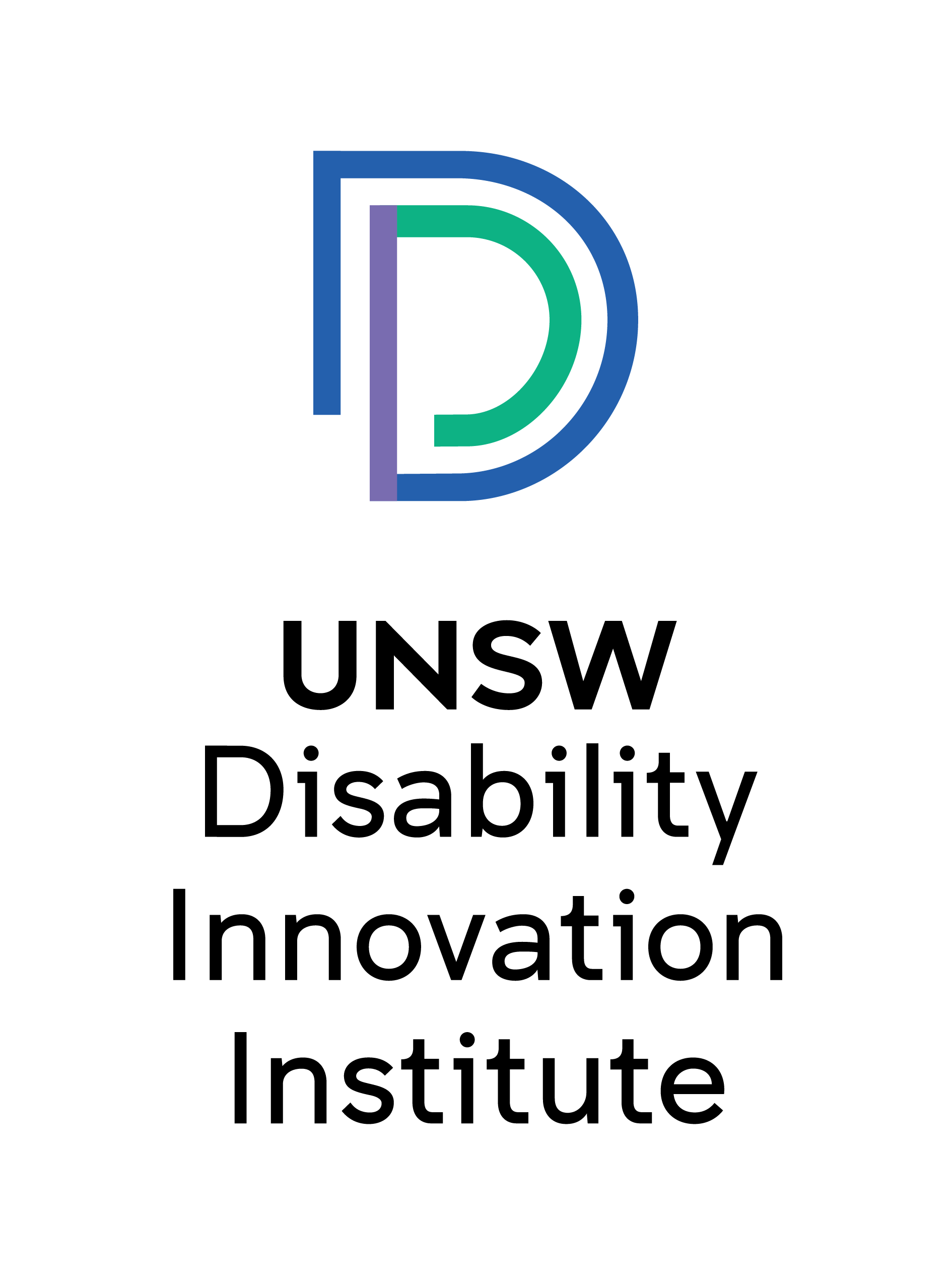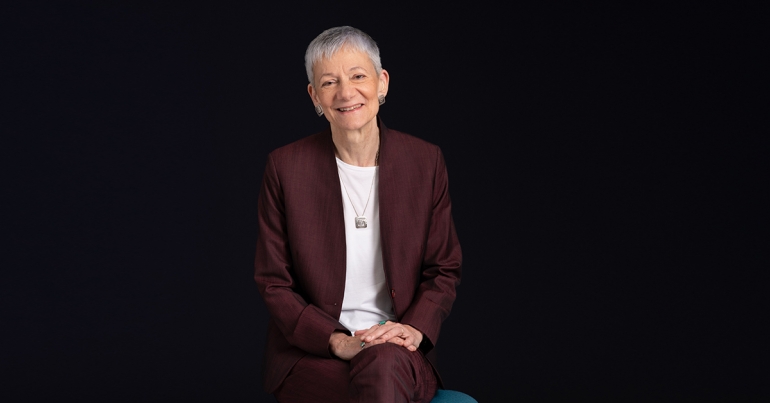As the Australian summer turns into autumn, the DIIU has been having a busy month. We held our quarterly meetings with our Steering Committee, made up of representatives from across the university, and with our Advisory Council who provide guidance from the world outside UNSW. We are always enormously grateful to the people who support the DIIU and give up some of their valuable time to help the Institute grow and improve.
One of our key objectives is to form a community of people at UNSW doing disability-relevant research, using the Institute as a way of connecting different interests and raising the profile of people’s research. You’re likely to have been contacted recently by Raana Zafar, a DIIU associate who is gathering up to date information on disability research and researchers across the university. If you’re interested in being part of the community, please respond to Raana’s questionnaire. In due course we hope to be able to highlight researchers and their work on our website; do get in touch with us if you’d like to see your project there!
Another important part of the DIIU’s work is to provide ‘thought leadership’ on a range of disability-related issues within and beyond the university. Our basic ethos is that disability is an unavoidable part of the human condition and as such we all need to engage with it, whether in our lives or academic work, rather than reject or dismiss it. With this in mind I was pleased to be able to meet the Board of the Ageing and Disability Commission to talk about the language we use about disability and age. As readers will know, this is often a highly contentious area: different parts of the world, different organisations, even people with different disabilities vary in their usage and preferences. In Australia, people-first language (ie ‘people with disability’) is usually preferred, while in the UK ‘disabled people’ is more common, based on the idea that it reflects better the argument that people are disabled by society rather than biology. On the other hand many autistic people prefer that usage to ‘people with autism’, while yet others would call themselves neurodiverse. Like any language, the words we use for aspects of disability and age are constantly being modified as knowledge and social attitudes evolve. It’s important to be sensitive to changing usage and people’s preferences, while at the same time remembering that in the end acts are more significant than words.
This letter reaches you in time to promote our first webinar of 2021. Leslie Swartz is distinguished professor of psychology at Stellenbosch University, South Africa, visiting professor of psychology at the University of Johannesburg, and global advisor to the Institute for Culture and Society at University of Western Sydney, Australia. He will be talking about Culture, disability and the violence of exclusion on Tuesday 16 March from 4-5 pm. Leslie’s interests are in disability studies and mental health, and his most recent book is the coedited volume The Palgrave Handbook of Disability and Citizenship in the Global South. We were very much looking forward to hosting Leslie as Visiting Fellow in 2020, which unfortunately became impossible due to COVID. We hope still to welcome Leslie here in person one day, but in the meantime we are delighted that he is able to give this webinar online.
If you’d like to keep informed regularly about our webinars and other events, make sure you’re subscribed to our mailing list.
A now familiar date in our calendars, 8 March is International Women’s Day. This year the Kirby Institute marked the day with a panel on ‘Women and COVID-19: Equity and marginalisation during the pandemic’. I was invited to speak on women and disability: disabled women are of course among those most affected by the pandemic itself and even more so by the associated containment measures.


